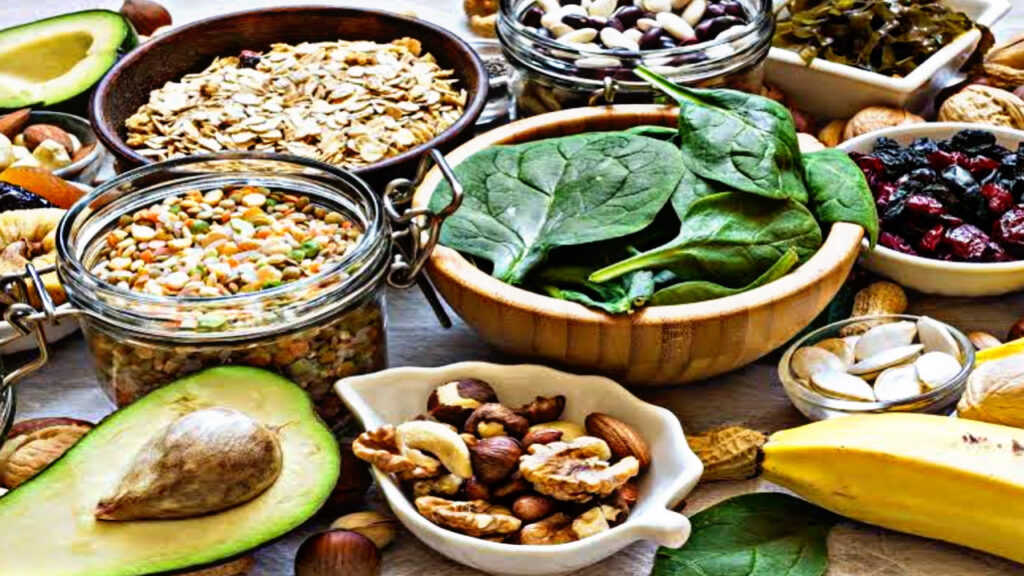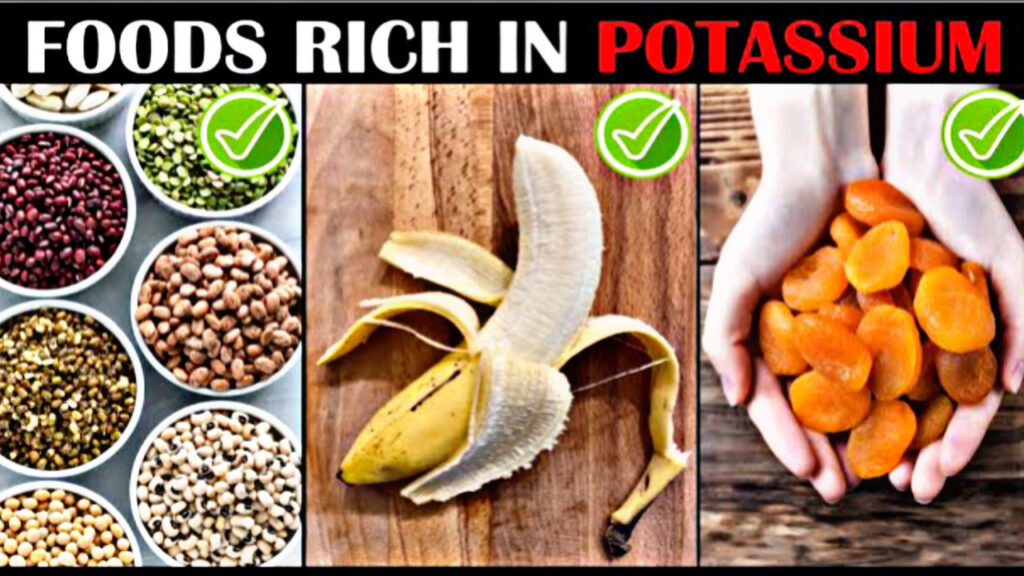Health
Potassium is a vital mineral and electrolyte that plays a crucial role in maintaining the balance of fluids in our body, supporting muscle function, and regulating nerve signals. Despite being so important, many people unknowingly suffer from potassium deficiency, which can lead to various health problems if not addressed promptly. Recognizing the early signs of potassium deficiency and knowing how to replenish it through diet can help maintain good health and prevent complications.

5 Signs of Potassium Deficiency
- Muscle Weakness and Cramps
One of the most common symptoms of potassium deficiency is muscle weakness or cramps. Potassium helps muscles contract and relax properly. When potassium levels drop, muscles may cramp, twitch, or feel weak. This is especially noticeable during or after exercise. - Fatigue and Weakness
Low potassium levels can lead to a general feeling of tiredness or fatigue. Since potassium is involved in energy production and muscle function, its deficiency can make you feel sluggish and physically weak. - Irregular Heartbeat
Potassium is essential for maintaining a steady heartbeat. Deficiency can cause irregular heart rhythms or palpitations. This condition requires immediate medical attention as it can escalate into serious heart problems. - Constipation
Potassium helps regulate smooth muscle contractions in the digestive tract. A deficiency can slow down digestion and lead to constipation and bloating. - Numbness or Tingling Sensation
Low potassium levels can affect nerve function, resulting in numbness, tingling, or a “pins and needles” sensation, usually in the hands and feet.
Foods to Replenish Potassium

If you notice any of these symptoms, increasing your potassium intake through diet can be highly effective. Here are some potassium-rich foods to include in your meals:
- Bananas
Bananas are widely known for their high potassium content. One medium banana contains about 400-450 mg of potassium, making it an excellent choice for boosting your intake. - Sweet Potatoes
Sweet potatoes are loaded with potassium and other essential nutrients. They can be baked, boiled, or mashed for a healthy, tasty meal. - Spinach
Leafy greens like spinach are rich in potassium and provide antioxidants and fiber. Add fresh spinach to salads, smoothies, or cooked dishes. - Avocados
Avocados are a powerhouse of potassium and healthy fats. Eating half an avocado can provide around 500 mg of potassium. - Beans and Lentils
Legumes such as kidney beans, black beans, and lentils are excellent plant-based sources of potassium and protein.
Potassium deficiency can disrupt many vital bodily functions, but it is easily preventable by maintaining a balanced diet rich in potassium containing foods. If you experience symptoms like muscle cramps, fatigue, or irregular heartbeat, it is advisable to consult a healthcare professional. They may recommend blood tests to check your potassium levels and suggest appropriate treatment.

Including foods like bananas, sweet potatoes, spinach, avocados, and beans in your diet not only helps restore potassium but also promotes overall well being. Remember, a well rounded diet and healthy lifestyle are key to keeping your potassium levels in check and supporting your body’s essential functions.





